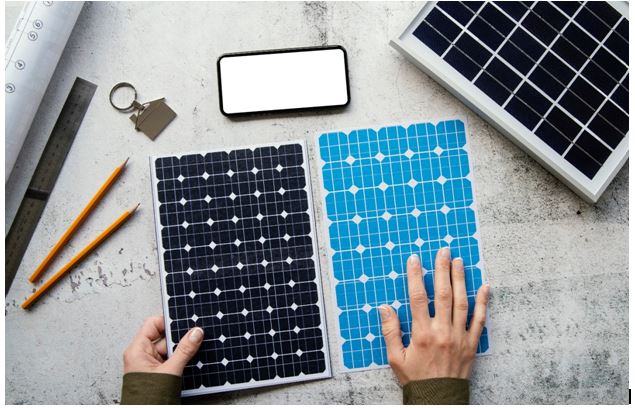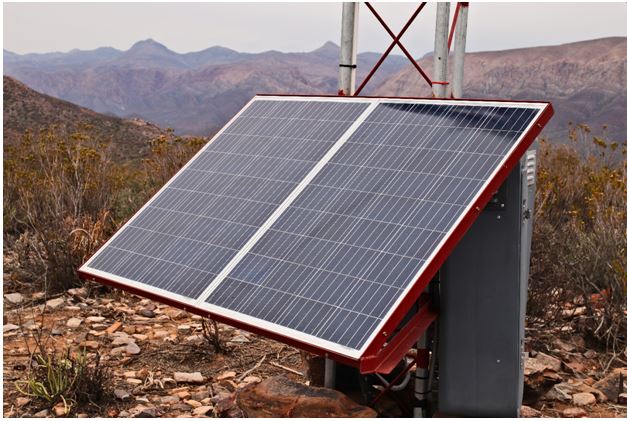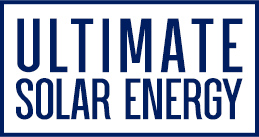Hybrid Solar System Vs On-Grid Solar System—Which One is Better?
Hybrid Solar System Vs On-Grid Solar System—Which One is Better?

Solar energy is a popular power alternative for numerous homeowners and businesses. In the last decade, many conventional grid power users shifted to solar because of its cost-effectiveness, durability, and reliability. When going solar, it is significant to consider the suitable solar system as per user energy consumption. At this point, thorough research is critical to make a well-informed, profitable long-term investment decision. Therefore, consider all features, pros, and cons of each option.Without any further ado, let’s explore types of solar systems, their features, pros and cons, and which one is better for you.
Common Types of Solar Systems
The two most popular solar systems that commonly used are:
- On-Grid Solar System
- Hybrid Solar System
Hybrid Solar Systems
Hybrid solar systems produce solar power somewhat similar to grid-tied systems. The good thing is that such systems offer the distinctive advantage of acquiring independence from conventional grid power. Due to the power backup feature hybrid solar systems operate constantly, irrespective of grid power availability, and seamlessly, even during power outages or unannounced blackouts. Also, efficient energy storage helps reduced power consumption in peak time, which is usually subject to higher rates than off-peak consumption. Hybrid solar systems export surplus solar power back to the grid, resulting in more savings and a more immediate return on investment.
Hybrid solar systems provide the subsequent benefits:
- Store excess solar power to ensure a consistent electricity supply.
- Work seamlessly during load shedding or grid electricity unavailability.
- Provide stored solar energy during high tariff hours, lower grid electricity consumption, and reduce company electricity bills.
- Offer excellent savings through net metering/Fit (Feed-in-Tariff).
- Help in attaining independence from grid-tied power systems.
- Offer storage/backup flexibility without replacing the inverter.
Hybrid solar energy solutions may come with higher initial costs due to the hybrid inverter with the solar battery charging system, but provide more reliability and often recover the initial investment quicker than grid-tied alternatives.
Pros
- Owing to multiple solar power benefits, hybrid PV systems are a worthy investment.
- The best option for areas prone to power blackouts or load shedding, as hybrid solar systems come with battery backups.
- Offer consistent power supply.
- Provide independence from grid power.
- Highly reliable.
- Proffer exceptional savings.
- Easy to integrate with other power storage backups.
Cons
- High cost.
- Proper handling and maintenance of the batteries are required.
- The battery life of hybrid solar systems is lower, ranging between 7 to 14 years, necessitating replacement after this period.
On-Grid Solar System
It is also known as a grid-tied solar system connected to the electrical grid. It is one of the most common and popular types of solar installations for residential, commercial, and industrial applications.
The on-grid solar system does not require batteries for operation. It converts solar energy into DC power, which is then converted to AC power using on-grid solar inverters. This AC power is used to operate all electrical appliances at home, as they do not run on DC energy.
Any excess solar energy will send back to the connected grid. It allows consumers to take advantage of net-metering policies in various regions. Through net metering, solar users can export surplus energy to the grid and receive compensation through feed-in-tariff (FIT) mechanisms. These policies may vary depending on the specific region.

Pros
- On-grid solar systems are cost-effective as they eliminate the need for expensive batteries, resulting in lower maintenance and installation costs.
- Users get compensated for the excess energy they export to the grid through feed-in-tariff or net metering.
- The income from feed-in-tariff payments can be used to offset the electricity costs when the on-grid solar system is not generating power (e.g., at night, during rain, overcast days, or during power outages).
Cons
- On-grid solar systems rely on the functioning of the grid. If the grid experiences a malfunction or outage, the solar system cannot operate independently. In such cases, there might be safety risks for residents if solar inverters continue to feed electricity into a faulty grid.
- On-grid solar systems do not have battery backups, so they cannot store excess solar energy for later use. As a result, they cannot generate power when solar energy input is unavailable.
Final Thoughts
Both hybrid and on-grid solar systems convert solar energy into AC power. The difference between on-grid and off-grid solar systems is in handling excess energy: hybrids store it in batteries, while on-grid systems export it to the grid. Hybrids offer reliability, while on-grid systems are more budget-friendly. So, evaluate your power consumption and pick a solar system accordingly.
At Ultimate Solar Energy, we make your decision-making process so simple. We design customized solutions based on your requirements, using only the most premium products.
Get a Free Quote now!

